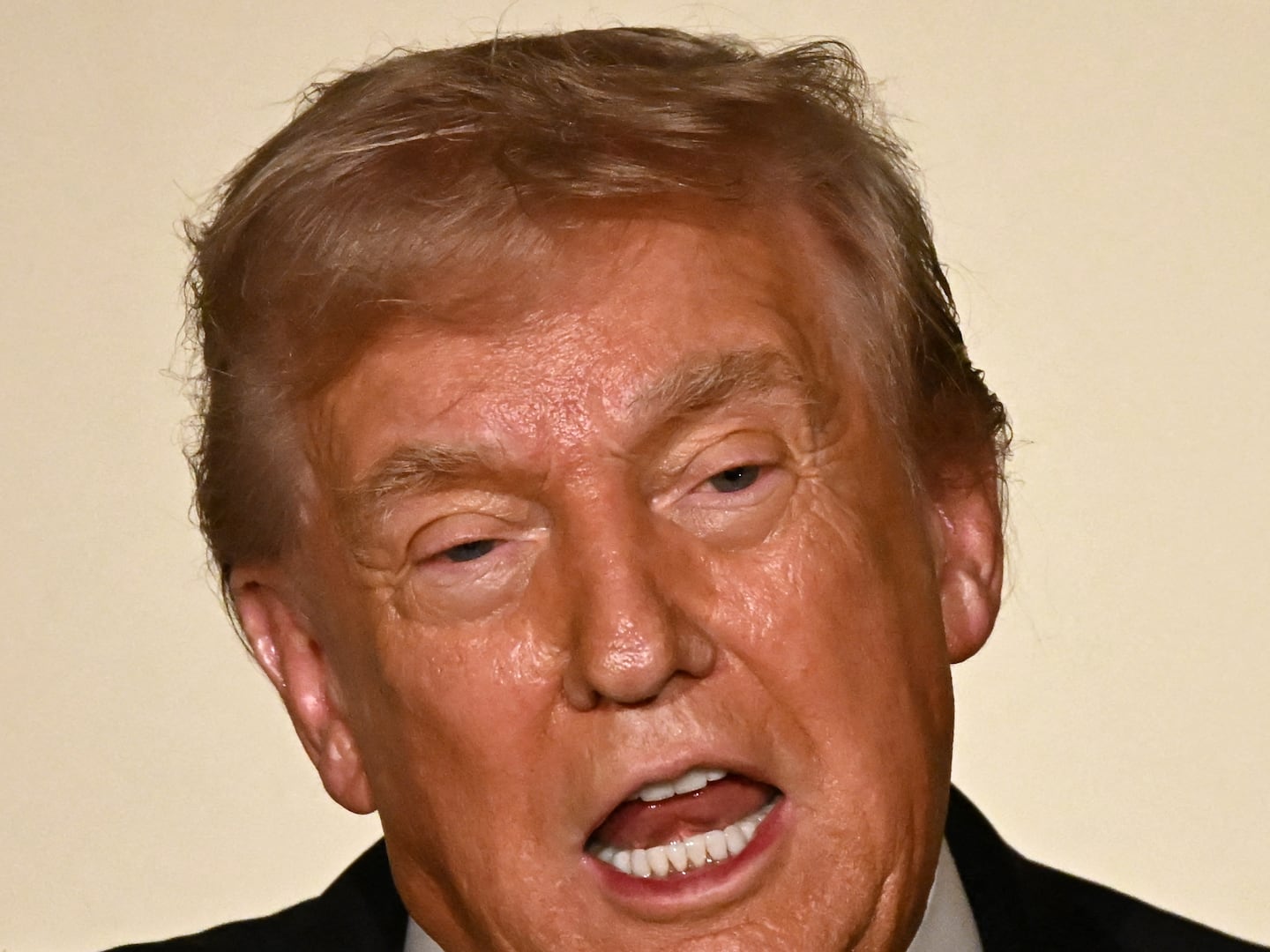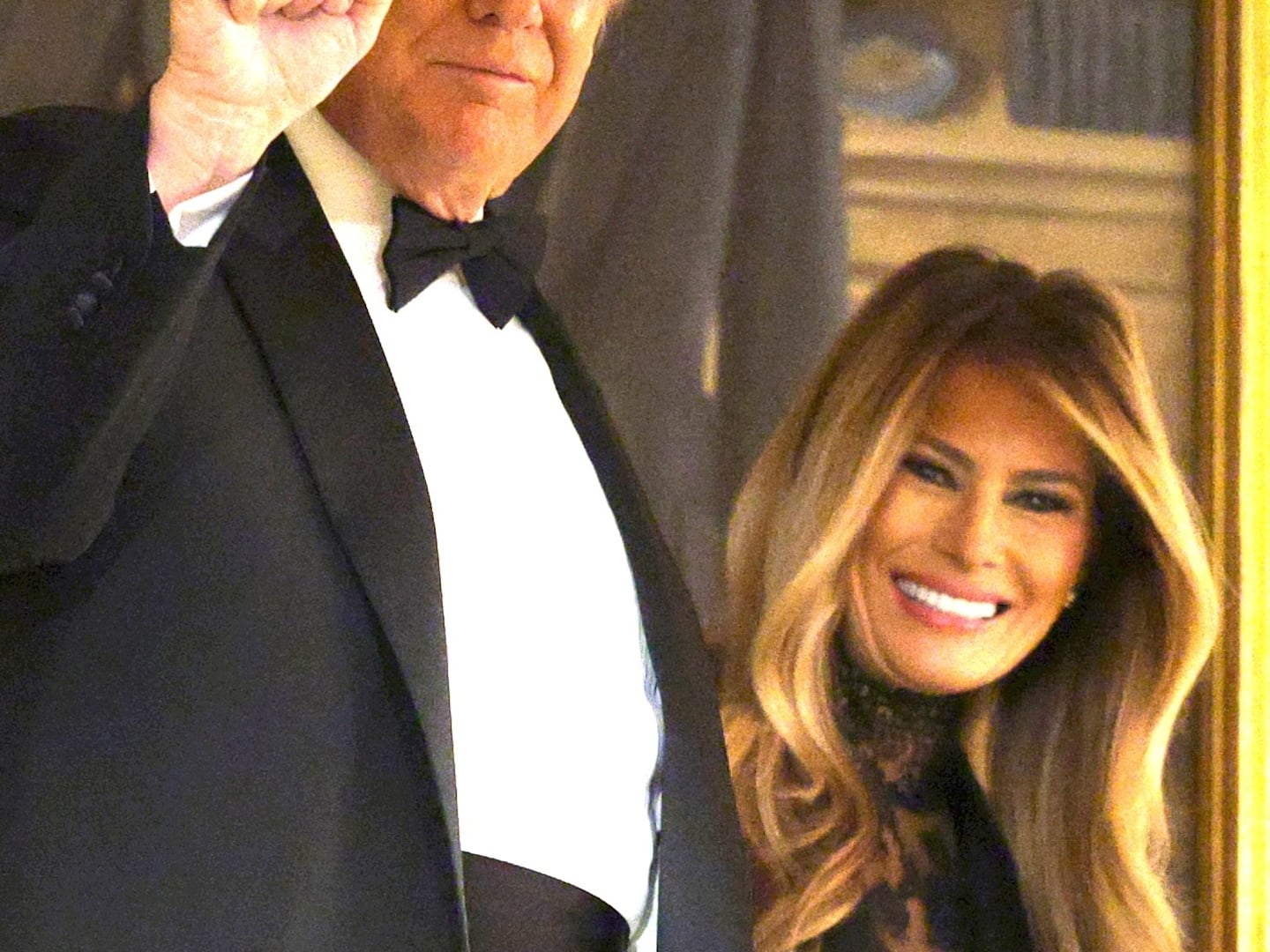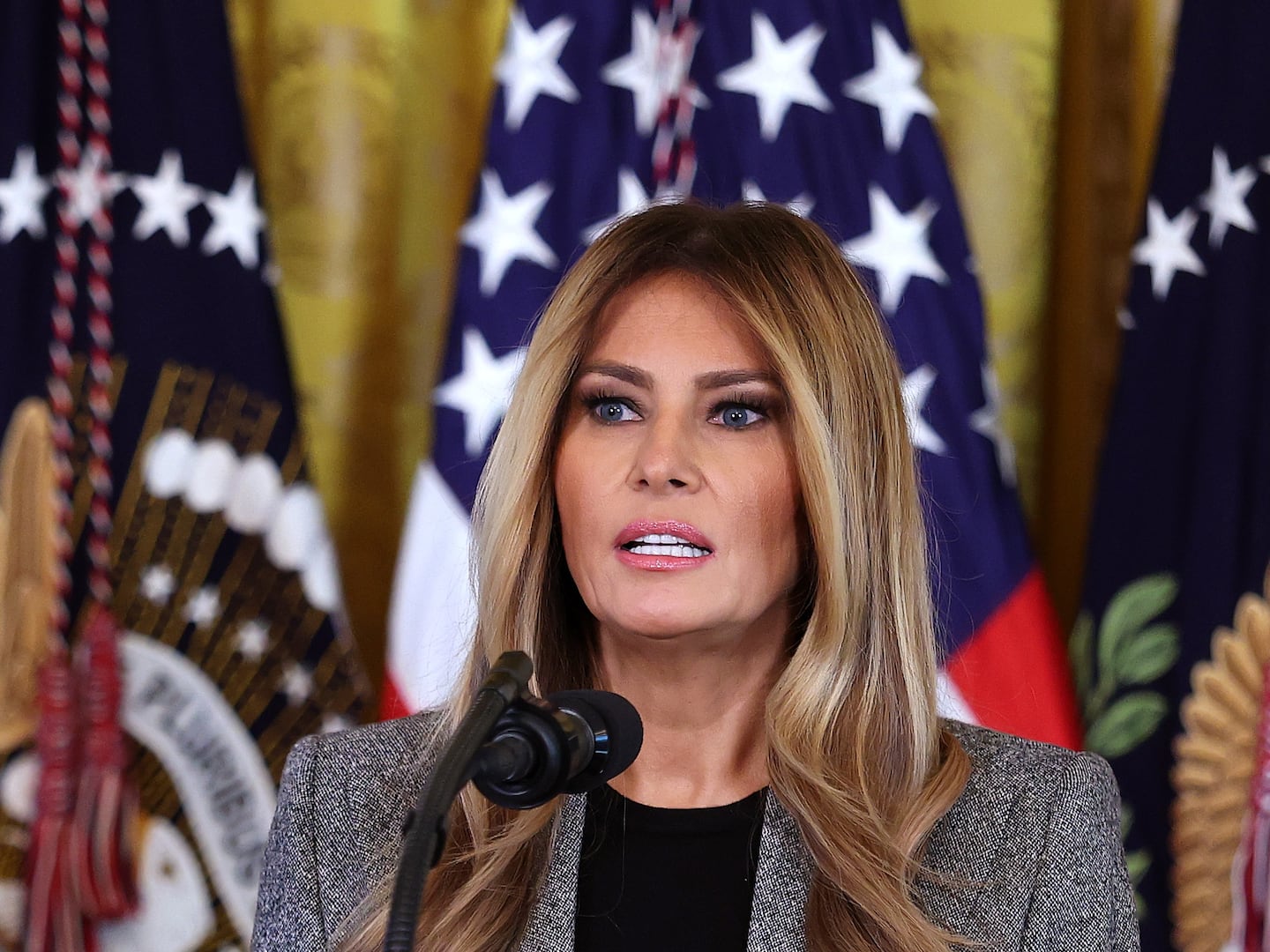A New York judge rejected Harvey Weinstein’s motion to dismiss all charges against him, clearing the way for the trial of the man whose downfall energized the #MeToo movement.
Pre-trial hearings will begin March 7 for the case against Weinstein, who is charged with five counts related to alleged sexual assaults against two women in Manhattan.
Weinstein’s attorney, Benjamin Brafman, filed a motion last month to have all charges against his client dropped, citing what he deemed to be mishandled police investigation and a faulty grand jury indictment.
Judge James Burke, who had been overseeing the case, determined that all five charges, including one count of rape in the first degree, would stand, and denied Brafman’s request for additional hearings to review evidence.
“We are obviously disappointed that the court did not dismiss the indictment,” Brafman told reporters outside the courthouse. “But Judge Burke hope as ruled and we will continue to defend this case to the best of our ability.”
Weinstein pleaded not guilty to the charges. He denies assaulting any of the dozens of women who have accused him over the past year.
Judge Burke’s decision comes after a heated pre-trial battle between Brafman and the Manhattan District Attorney’s Office.
In October, Judge Burke dismissed one of six charges against Weinstein after the lead detective on the case failed to present potentially exculpatory evidence to the grand jury before it indicted Weinstein in May. The charge concerned the allegation of Irish actress Lucia Evans, who alleged Weinstein had forced her to perform oral sex on him in the summer of 2004. Manhattan prosecutors conceded NYPD Det. Nicholas DiGaudio didn’t tell the grand jury that he spoke to a woman who said Evans told her at the time that the oral sex with Weinstein was consensual.
On November 5, Brafman filed a motion to dismiss the five remaining charges, citing additional misconduct concerning DiGaudio’s role in the investigation, including evidence that he had told one of Weinstein’s other alleged victims she could delete data from her cell phone before handing it over to prosecutors. (The woman told the D.A.’s office that she did not delete anything.)
“The entire superseding indictment was based on a defective Grand Jury proceeding that was irreparably tainted by police misconduct,” Brafman wrote in his motion to dismiss.
Prosecutors claimed DiGaudio’s misconduct concerned only the dismissed count and derided Brafman’s claim that one count alone could undermine the entire indictment.
Among those present at the hearing was well known criminal attorney Gloria Allred, representing Mimi Haleyi, one of two women Weinstein is accused by prosecutors of assaulting.
“There’s only one person on trial,” Allred said. “It’s not the D.A. It’s not the police — it’s Harvey Weinstein.”






